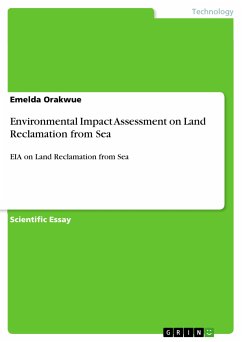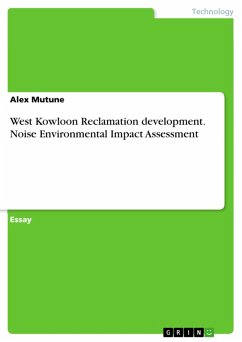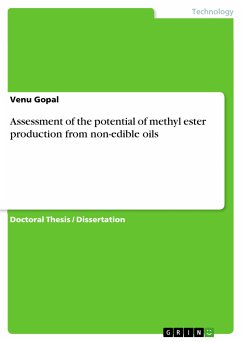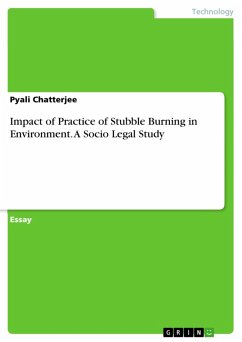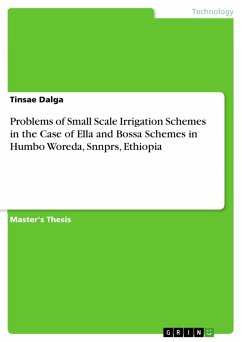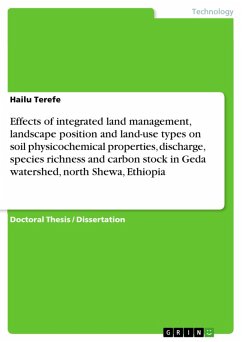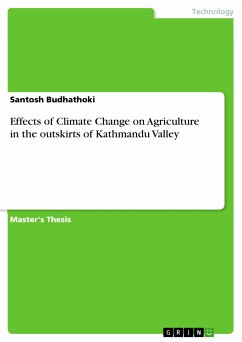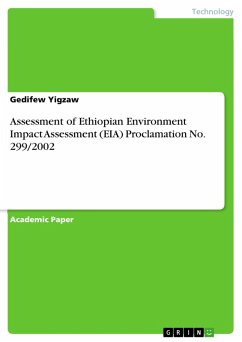
Assessment of Ethiopian Environment Impact Assessment (EIA) Proclamation No. 299/2002 (eBook, PDF)
Sofort per Download lieferbar
Statt: 15,95 €**
13,99 €
inkl. MwSt. und vom Verlag festgesetzt.
**Preis der gedruckten Ausgabe (Broschiertes Buch)
Alle Infos zum eBook verschenkenWeitere Ausgaben:

PAYBACK Punkte
0 °P sammeln!
Academic Paper from the year 2019 in the subject Environmental Sciences, Bahir Dar University (Department of Governance and Development Studies), language: English, abstract: The government of Ethiopia introduced the Environmental Impact Assessment (EIA) Proclamation No. 299/2002 in 2002. The overall objective of this study is to critically assess the EIA proclamation (Proc. No. 299/2002) of Ethiopia. So as to critically assess the level of public participation, the adequacy and effectiveness of legally established laws in the EIA process, this study employed qualitative data analysis. This st...
Academic Paper from the year 2019 in the subject Environmental Sciences, Bahir Dar University (Department of Governance and Development Studies), language: English, abstract: The government of Ethiopia introduced the Environmental Impact Assessment (EIA) Proclamation No. 299/2002 in 2002. The overall objective of this study is to critically assess the EIA proclamation (Proc. No. 299/2002) of Ethiopia. So as to critically assess the level of public participation, the adequacy and effectiveness of legally established laws in the EIA process, this study employed qualitative data analysis. This study revealed that the role of public participation in the entire EIA stages is weak. The study also identified that both the legal and institutional frameworks have remained inadequate to ensure full effectiveness of the EIA system. Moreover, this study describes the existence of weak coordination among or between federal, regional, zonal and other sectoral units. Hence, this study recommends that its effective implementation necessarily requires the involvement of the public and the issuance of more specific subsidiary instruments.
Dieser Download kann aus rechtlichen Gründen nur mit Rechnungsadresse in A, B, BG, CY, CZ, D, DK, EW, E, FIN, F, GR, HR, H, IRL, I, LT, L, LR, M, NL, PL, P, R, S, SLO, SK ausgeliefert werden.




